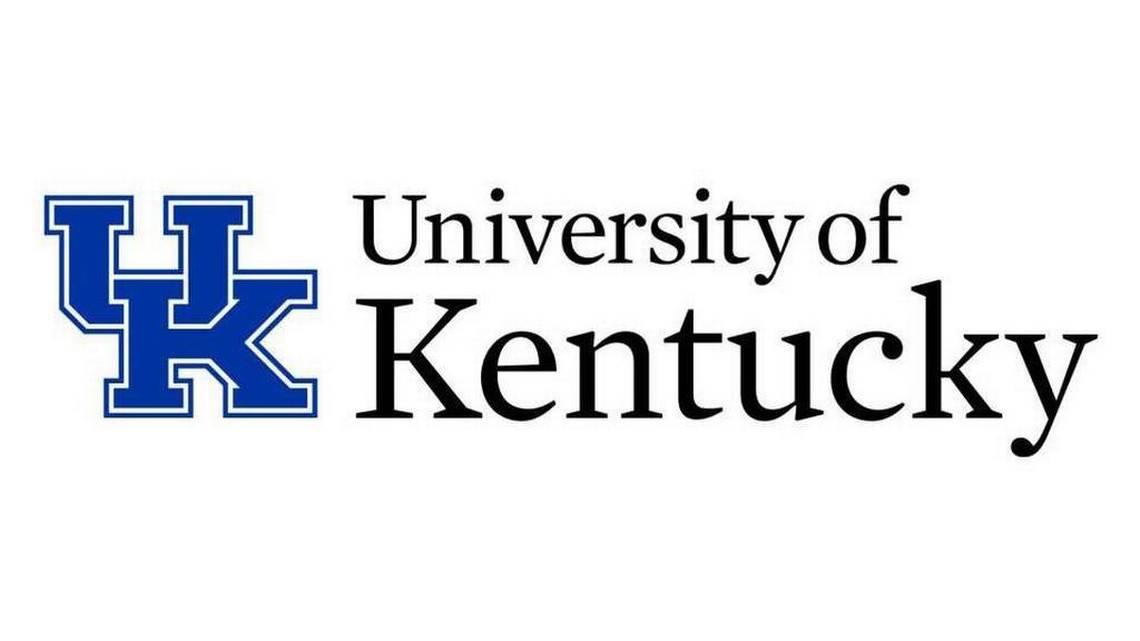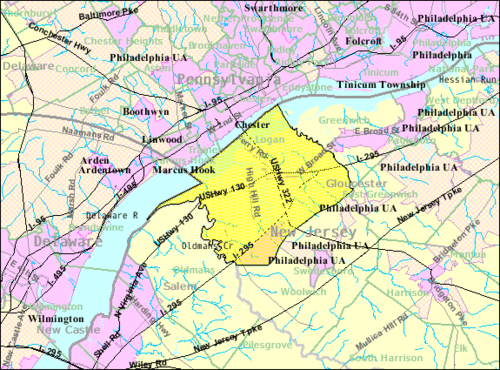


Our methods will include:Įach district will host four family/community sessions per year that will provide updates on the work, opportunities for input into the planning and design process, and opportunities for feedbackĪll families will be invited to participate in the annual climate surveyįamily representatives from each school will sit on the school climate team Support for PLCs and individual teacher professional learning goals.Įngaging families/community members is a key element in this process. Monthly updates on the work of the Climate Team Opportunities for staff input and feedback throughout the planning process Our approach to staff engagement includes:Įquity Councils/ Climate Teams will lead, with Technical Assistant providers, training during in-service days The plan for this work in all four districts incorporates approaches involving faculty/staff, students, and families as described below:Īt the faculty/staff level, we will leverage the equity work we’ve been doing over the past two years with Rowan University- as the climate surveys indicate, staff in each site has identified a need for clearer, more consistent approaches to discipline, and to improve student behavior and respect. How does the professional learning opportunities afforded adults influence their practices? As they continue to learn about equity and culture, do they experience growth in their understanding of the influence of culture on human behavior?ĭo students experience changes in their behavior and in their skills for communication, academic efficacy, and sense of belonging as a result of grant activities? How are the schools adapting structures, policies, and culture to build an equitable climate and culture that meets the needs of our most marginalized populations? How does the engagement of stakeholders through Climate Teams and other outreach and involvement opportunities support these adaptations?ĭo we observe changes in campus climate and culture? How do different stakeholder groups experience those? The work that will be accomplished will build on research based practices found in literature that engage in systemic transformation oriented around the following questions:


 0 kommentar(er)
0 kommentar(er)
